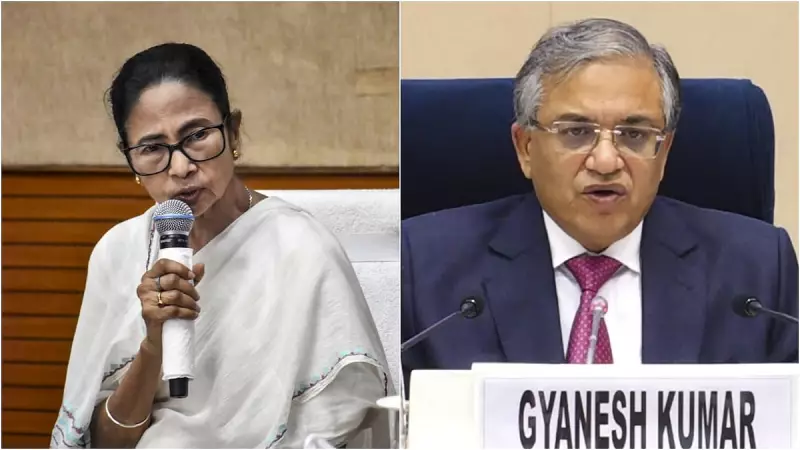
West Bengal Chief Minister Mamata Banerjee has launched a sharp critique against the Election Commission's Special Intensive Revision (SIR) exercise, labeling it as poorly planned and coercive in an official communication to the Chief Election Commissioner.
CM's Strong Letter to Election Commission
In a strongly worded letter addressed to the Chief Election Commissioner, Mamata Banerjee expressed grave concerns about the implementation of the Special Intensive Revision drive. The Chief Minister did not mince words, describing the entire process as "unplanned" and "coercive" in its current form.
The timing of this communication is significant, coming amid ongoing electoral preparations in the state. Banerjee's letter represents a formal protest against the methodology being employed by election officials during the revision process.
Human Cost of SIR Mismanagement
The Bengal Chief Minister highlighted what she termed as the "unbearable human cost" of the SIR mismanagement, pointing to a specific tragic incident that occurred in Mal, Jalpaiguri. According to Banerjee's account, an anganwadi worker who was serving as a booth-level officer lost her life during the exercise.
This reference to the death of the grassroots worker adds a serious dimension to the Chief Minister's allegations, suggesting that the pressure and demands of the SIR process may have contributed to the tragic outcome. The incident has clearly intensified the political confrontation over the revision drive.
Growing Political Confrontation
The Chief Minister's formal complaint to the Election Commission marks an escalation in the ongoing tensions between the West Bengal government and election authorities. Banerjee's characterization of the SIR as coercive indicates fundamental disagreements about how electoral processes should be conducted in the state.
This development comes at a crucial time when election preparations are typically intensifying across the state. The reference to the November 20, 2025 date in the original communication suggests these issues are current and actively being contested between state and election authorities.
The situation in Jalpaiguri district, where the anganwadi worker reportedly died while performing election duties, has become the focal point of this political dispute. The incident has prompted serious questions about the working conditions and pressures faced by ground-level election staff during such intensive revision drives.





